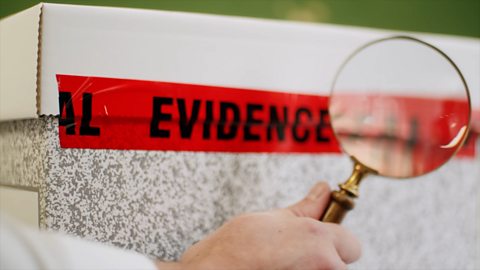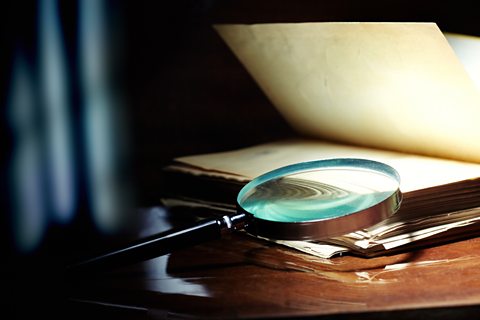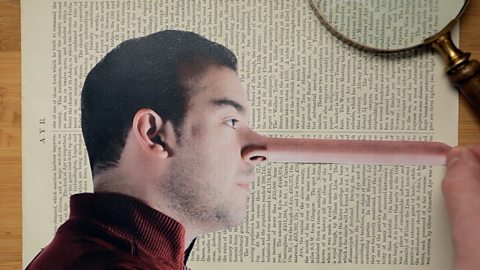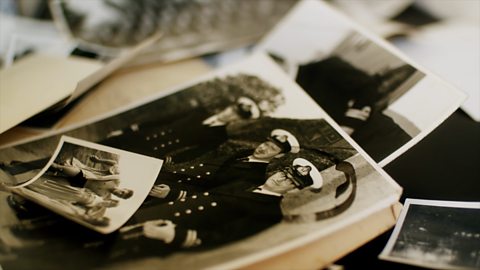How do historians use evidence?
Interpreting evidence is vital in the study of history. It may be hard to discover the absolute truth but if you check the sources of your information thoroughly, you will get as close as you can.
A historian is someone who tries to understand the past. Sounds simple, Historians have a responsibility to talk about the past in a fair and objective way. Historians have to establish the characters, their actions and the consequences of those actions. In other words, historians examine the cause and effect of an event, time, etc. - that is the backbone of what history is and how historians think about it.
Influences

Historians examine people as actors much like a novelist would do in their story. What are the influences that lead a certain person to make certain choices? Historians are like detectives in that respect looking for:
- motives
- consequences of actions
History isn’t fixed and determined. There is much to discuss, to question, to challenge in order to understand why our world is the way it is today and change how it could be tomorrow.

Research
When a historian wants to tell a story of a particular time, person or era, they always have to conduct a kind of research in order to understand what happened and get an idea of what people were feeling. Historians act a bit like scientists in that way. Historians are thinking about theories when they think of the past. The difference is that historians look retrospectively to identify a phenomenon or test a theory of what a group of people or a time was like.

Bad interpretation

One technique that is sometimes used by politicians and commentators is a false cause — when someone incorrectly identifies the cause of something and uses evidence wrongly to make a bad argument.
For example, if your friend argues that dinosaurs became extinct because they ate vegetables. While extinction did happen and some dinosaurs did eat exclusively vegetables, their diet did not cause their extinction.

More on Evidence
Find out more by working through a topic
- count3 of 3

- count1 of 3
